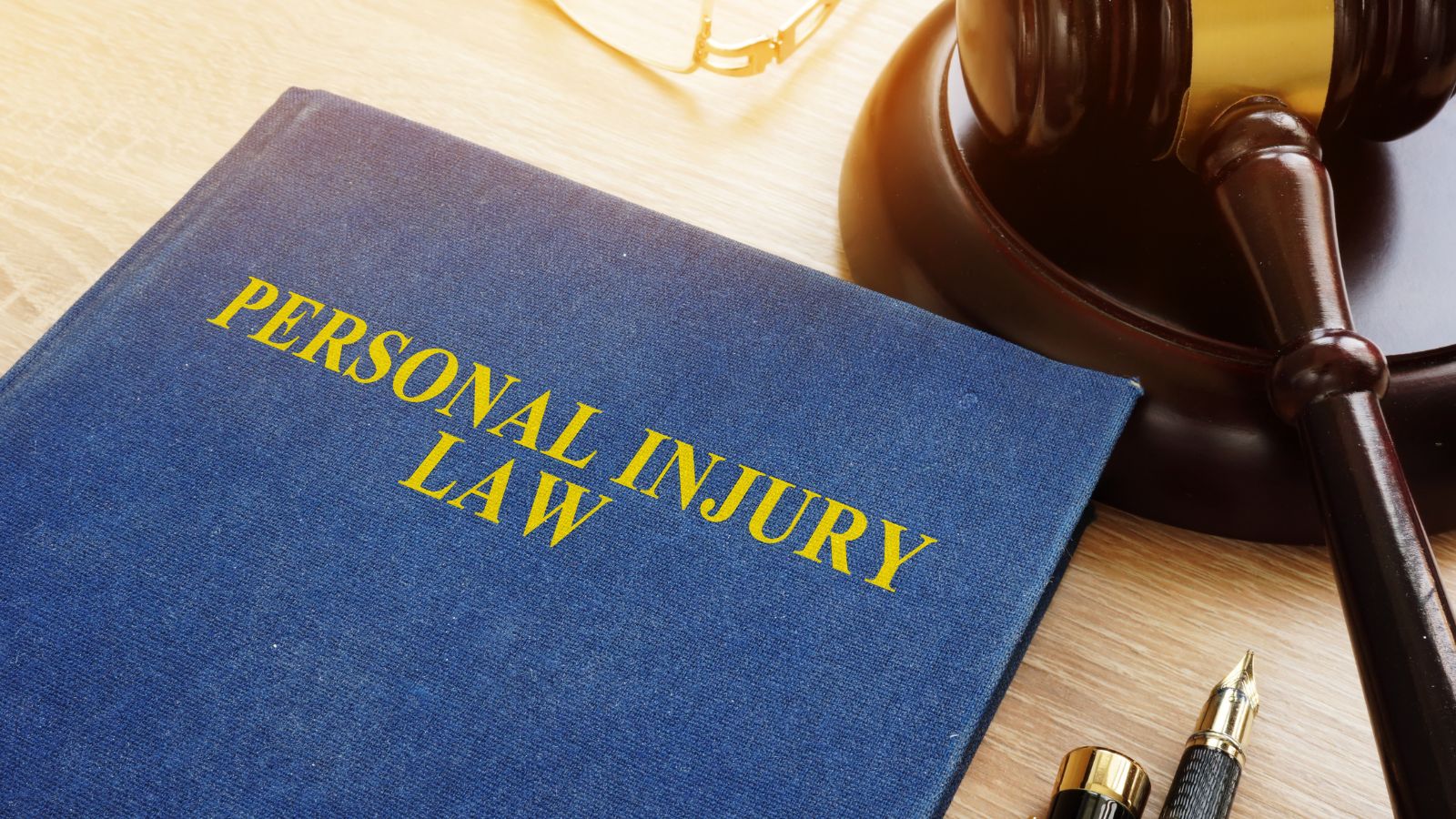
When most people think of personal injury cases, their minds go immediately to hospital bills, physical therapy, or lost wages. While these financial and physical consequences are certainly important, the emotional and psychological impact of an accident can be just as devastating. Victims often experience stress, anxiety, depression, or even post-traumatic stress disorder, and these struggles can significantly affect their daily lives.
Courts recognize that emotional damages deserve consideration alongside physical injuries. However, proving emotional harm can be more complex than presenting a stack of medical bills. Judges and juries must evaluate several factors to determine if compensation for emotional suffering is warranted and, if so, how much it should be. Working with an experienced Atlanta personal injury lawyer can make a critical difference in understanding how these claims are handled and what courts look for when awarding damages.
The Nature of Emotional Distress
Courts begin by assessing the type and severity of the emotional suffering claimed by the victim. Emotional distress can vary significantly, ranging from general sadness and frustration to more debilitating conditions such as PTSD or severe anxiety. In general, the intensity and duration of these emotional effects can strengthen the case for compensation.
Judges typically require evidence that the emotional harm experienced exceeds ordinary stress or inconvenience. For example, if a car accident results in an individual developing a fear of driving for years, that fear may qualify as compensable emotional distress.
This is especially true if the emotional impact disrupts the victim’s work or personal relationships. The longer and more intensely the emotional distress affects the individual, the more likely it is that the courts will consider it for compensation.
Physical Manifestations of Emotional Harm
Emotional distress often leaves more than just invisible scars—it can trigger physical symptoms that make the suffering undeniable. Demonstrating these effects can strengthen a legal claim by showing how emotional trauma directly impacts the body and daily life.

- Insomnia – Difficulty sleeping or staying asleep due to persistent stress or anxiety.
- Headaches – Tension and migraines caused by ongoing emotional strain.
- Gastrointestinal issues – Stomach pain, nausea, or digestive problems linked to stress.
- Other physical ailments – A range of bodily symptoms, such as fatigue or muscle pain, triggered by psychological distress.
- Medical records and expert testimony – Documentation from healthcare professionals that establishes the connection between emotional trauma and physical symptoms.
By presenting these physical effects, supported with medical evidence, courts are more likely to recognize the severity of the emotional harm and award appropriate damages.
Duration and Impact on Daily Life
Another important factor that courts consider is the duration of the emotional distress and its impact on daily activities. Temporary stress may not be considered significant, but long-term suffering that affects relationships, work, or hobbies can strengthen a case.
If a victim can show that their emotional harm has lasted for months or even years, courts are more likely to grant higher compensation. The greater the impact on a person’s quality of life, the more seriously judges and juries will take the claim.
If a victim can show that their emotional harm has lasted for months or even years, courts are more likely to grant higher compensation. The greater the impact on a person’s quality of life, the more seriously judges and juries will take the claim. In birth injury cases, for example, parents sometimes turn to a birth malpractice lawyer in Paterson to understand how lasting emotional stress from the experience may be considered when seeking compensation.
Corroborating Testimony and Witnesses
When courts evaluate cases of emotional trauma, they often seek testimonies from people close to the victim, such as family members, friends, and coworkers. These individuals can observe changes in the victim’s behavior and mood over time, providing insights that the victim may struggle to articulate. Their observations help illustrate the profound impact an incident can have on someone’s emotional well-being.
Testimonies from these witnesses play a crucial role in understanding the victim’s experience. By sharing specific stories or examples of the victim’s changes, they create a clearer picture of the emotional struggles faced. Judges and juries find this external confirmation valuable, as it demonstrates that the victim’s mental pain is genuine and not exaggerated, adding authenticity to the claims of emotional distress.
Moreover, these accounts are vital for establishing the credibility of the victim’s claims. Without supportive testimonies, the emotional impact of an incident may appear less serious, creating doubts about the victim’s situation. Having these witnesses validate the victim’s emotional state strengthens the overall case, ensuring that the complexities of emotional trauma are acknowledged in the court’s decisions.
The Role of Expert Testimony
Mental health professionals play a vital role in emotional damage claims. Psychologists, psychiatrists, and therapists can provide detailed evaluations of the victim’s mental state and connect it to the incident in question. Their professional insight is often critical to persuading courts of the seriousness of the claim.
Experts may also testify about future treatment needs and prognosis, which can influence the amount of compensation awarded. Their input bridges the gap between personal experience and medical validation.
The Relationship Between Physical and Emotional Injuries
In many cases, emotional harm is directly tied to a physical injury. A severe physical accident often leads to emotional distress, whether through chronic pain, permanent disability, or a loss of independence. Courts tend to take these claims more seriously because they are grounded in a clear physical incident.
However, emotional damage can also exist without major physical harm, such as when someone witnesses a traumatic event. These claims may be harder to prove but are still recognized under certain circumstances.
Documentation and Evidence of Treatment
Courts often place significant importance on records related to therapy, counseling, or prescribed medication for managing emotional distress. Consistent treatment serves as evidence that the victim’s suffering is genuine and ongoing, rather than merely a temporary reaction to an incident.
Having detailed documentation, such as notes from therapists or a history of prescribed medications, is crucial in establishing credibility. This documentation can provide tangible proof of the impact that the experience has had on the individual.
Without such evidence, it becomes challenging to persuade a court that compensation for emotional damages is warranted. Consistent records not only support the claim but also reflect the seriousness of the emotional impact faced by the victim.
Legal Guidance in Pursuing Emotional Damages
Because emotional harm is inherently subjective, pursuing these claims often requires skilled legal advocacy. An experienced attorney can help gather the right evidence, secure expert testimony, and present the case effectively in court.
Legal professionals understand how judges and juries view emotional damage claims and can craft strategies that highlight the real impact on the victim’s life. Their guidance is often the difference between a dismissed claim and meaningful compensation.
